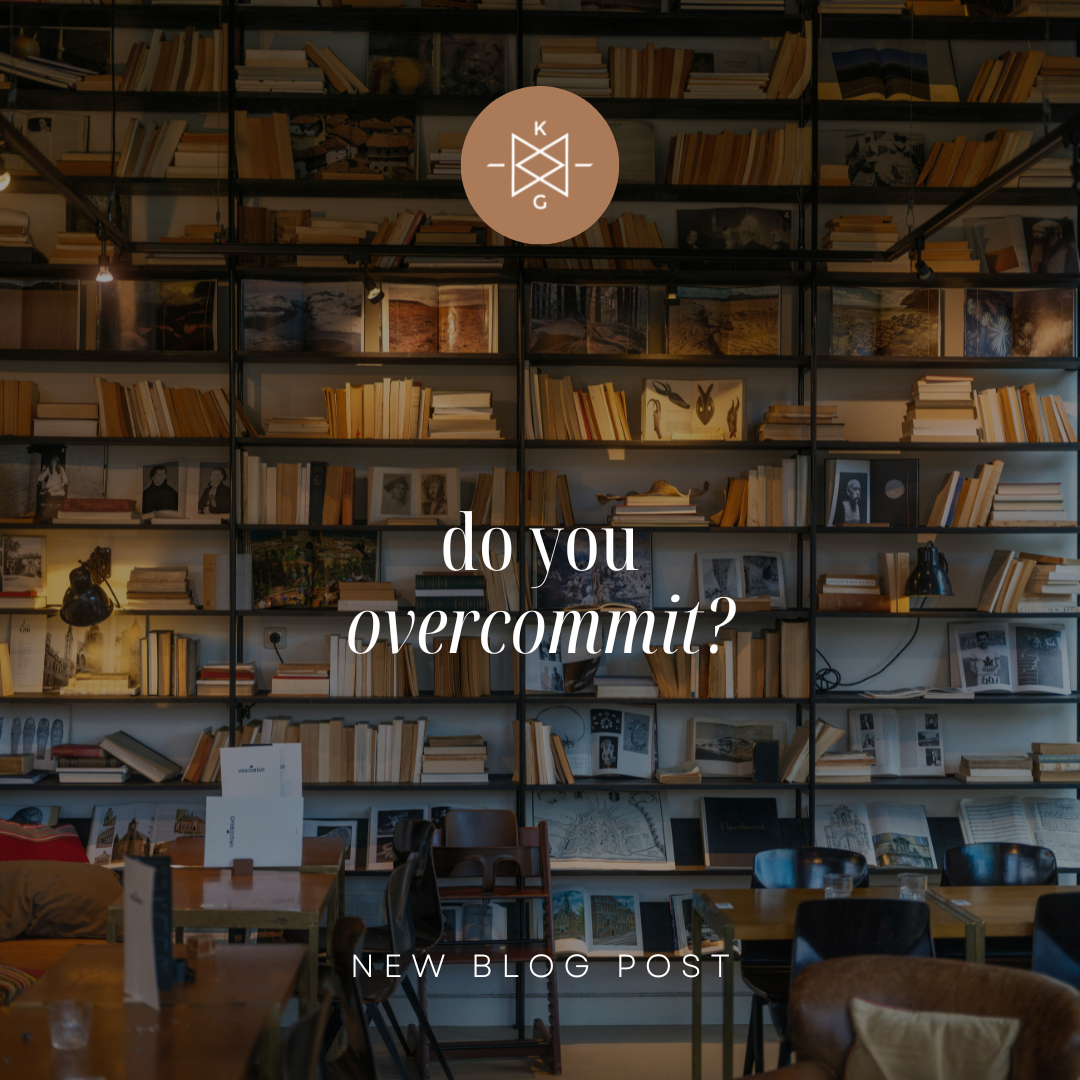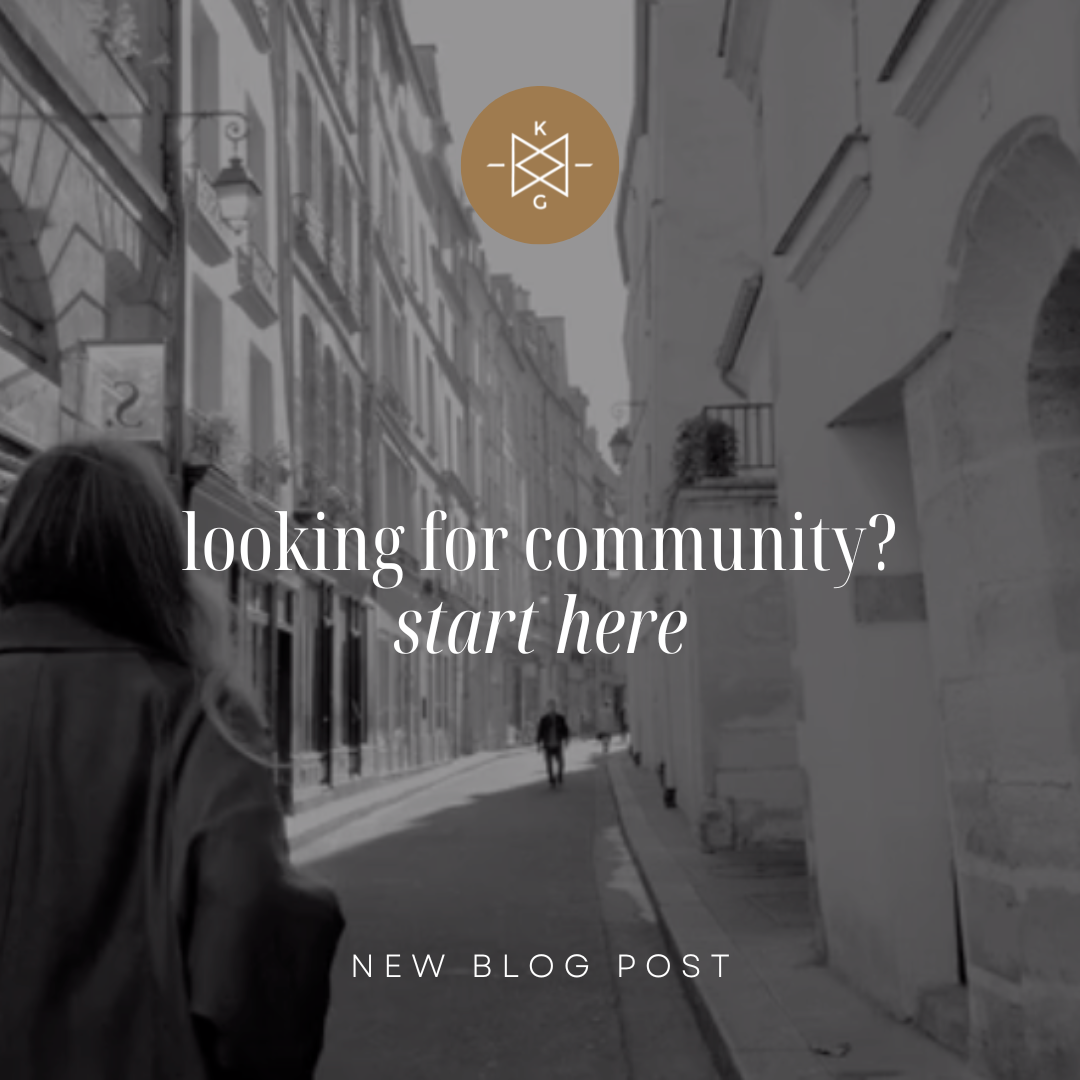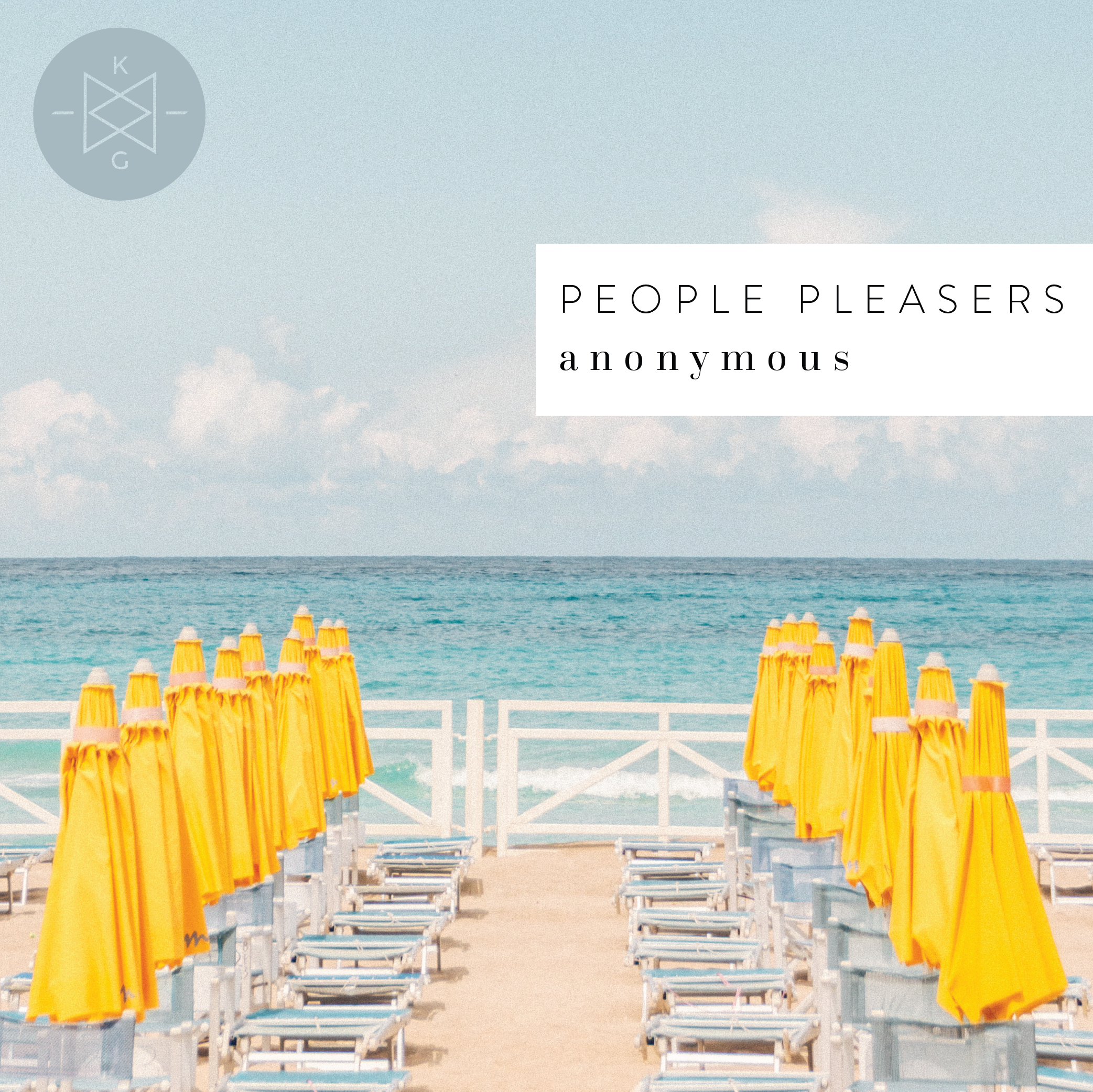
The Blog
Recently Featured
All Blogs
Do You Ever Wonder What Happened to You
“As long as you keep secrets and suppress information, you are fundamentally at war with yourself…The critical issue is allowing yourself to know what you know. That takes an enormous amount of courage.”
Bessel van der Kolk
If you’ve ever found yourself reacting disproportionately to a situation—snapping at a loved one, shutting down in a meeting, or spiraling into anxiety after a simple text—you’re not alone. Often, what feels “irrational” on the surface has deep roots. Beneath the conscious mind, the body carries the echoes of experiences we’ve never fully processed. This is the terrain of trauma, and while it may seem invisible, it’s anything but silent.
Trauma doesn’t just happen to us—it happens in us.
Even if we don’t remember the moment something changed—an unsafe childhood, a moment of abandonment, or a pattern of invalidation—our nervous systems do. Trauma embeds itself in our physiology, often outside the reach of language or memory. It becomes a felt thing before it’s a known thing. As Dr. Bessel van der Kolk put it, “The body keeps the score.” And so, as adults, we find ourselves trapped in survival responses—fight, flight, freeze, or fawn—long after the danger has passed.
This is where the Enneagram becomes a sacred mirror.
Each of us, from a very young age, learned a strategy to feel safe and worthy in the world. That strategy is what the Enneagram beautifully captures. But it’s more than a personality test—it’s a map of the psyche shaped by both our essence and our wounds.
A Type Two may have learned early on that love is earned through selflessness.
A Type Six might have internalized the belief that vigilance is the only path to safety.
A Type Nine could have decided it’s better to disappear than risk conflict.
These aren’t just personality quirks—they’re trauma-informed adaptations.
What’s powerful—and deeply healing—is when we begin to notice that these patterns, once protective, may now be blocking us from intimacy, clarity, and presence. The Enneagram helps us bring unconscious survival strategies into conscious awareness, while the body offers a direct doorway into healing. One without the other is incomplete.
So, what does integration look like?
It starts with listening.
When your body contracts in fear, can you stay with it long enough to ask, “What part of me is trying to protect me right now?” When your Enneagram type flares up in stress, can you pause and notice the pattern with compassion, not criticism?
Healing trauma isn’t about fixing ourselves—it’s about reclaiming ourselves. When we honor the body’s wisdom and use the Enneagram as a guide, we begin to live less from the wound and more from the wonder of who we are.
This work is slow, sacred, and beautifully human. And you don’t have to do it alone. I’d love to support you along the way. The most powerful therapeutic approach I’ve used is a combination of IFS (Internal Family Systems) and Brainspotting, a brain/body-based trauma modality that works much deeper than talk therapy.
If you often find yourself asking, “I wonder what happened to me?” you’re not alone. Let’s talk.
Love & Gratitude,
Katie
P.S. Need a guide and a roadmap? Join The Practice, my online Enneagram group coaching program!
Introducing... my *NEW* WEBSITE
“The best investment you can make is in yourself.”
-Warren Buffett
This week is super special for me.
For years, I've been dreaming of ways to serve you more robustly and impactfully in my work as a psychotherapist, executive coach, and Enneagram guide.
Yet, life isn’t always on our terms or timeline. For me, these last five years have certainly kept me on my toes—from becoming a mom at 40 and the glorious shift in focus that presented, to that whole Covid thing (remember?), and then a shocking breast cancer diagnosis shortly thereafter, followed by an arsenal of treatments and surgeries.
I’m a big believer that necessity breeds creativity, and boy, have I been needy. I love embracing my own frailty, becoming a student of it, and extrapolating the lessons that others might benefit from. In short, I love to find the cracks in my own experience and tease out the light on the other side in order to mine the unique beauty and potential in people, processes, and teams throughout the change process. After all, we have far more in common than we think.
So, I’m thrilled to launch my beautiful NEW WEBSITE, chock-full of opportunities to optimize your whole self: emotionally, spiritually, physically, relationally, and professionally, using the Enneagram. It’s been a long time coming!
It’s streamlined and updated for you to navigate the support you need, whether that’s in therapy, Enneagram couples intensives, team-building opportunities, 1:1 Enneagram coaching, memberships in the Practice, my keynote offering, book club, or my favorite…the Enneagram Mastermind Series here in Nashville.
It’s also an interactive site that announces my upcoming events, like workshops, new resources (book/podcast coming soon!), meditations, and other fun ways to stay connected to growth and Enneagram resources.
Y’all, I’m so grateful and excited for this new season of creativity, collaboration, and service.
So, head on over and see what you think! Let’s dream up some new ways to really flourish in 2025. I’d love to be your guide.
Love & Gratitude,
Katie
In Case You’re Wondering What to do Next
“Yesterday I was clever, so I wanted to change the world. Today I am wise, so I am changing myself.”
-Rumi
When everything around me seems swirling and chaotic, I always return to the basics: what I know to be true.
I remember as a kid, when I’d get super discouraged, dramatic, or disappointed, my sweet Dad would take me on a date (which normally revolved around food, ice cream, and the like), and remind me of who I was. Not in a pep-talky kind of way—more of a recalibrating kind of way. My highly sensitive self would get lost in the clouds of great expectations and that harsh inner critic, and what I needed more than anything was to feel my feet on the ground.
My Dad knew that. Perhaps someone had done that for him somewhere along the way.
While I was clueless/terrified as to how to respond to my cancer diagnosis four years ago (this month) and the mash-up of emotions sheltering inside me as a result, I kept coming back to this: when in doubt, do the next best thing. Okay, okay, so I got a little inspiration from Anna in Frozen 2. I guess it’s proof that the kid inside you and me is, indeed, a truth-teller.
Though we may not be able to control our circumstances or the world spinning out around us, we can take responsibility for how we respond and choose to grow forward. In doing so, we directly impact our sphere of influence, big or small. By becoming better humans, we build a better world. By taking care of you, you create a greater opportunity for impact as you engage your family, friends, co-workers, and tribe.
I believe the first step to becoming better humans is to wake up to what’s happening inside. To develop greater self-awareness and self-knowledge. There’s a difference, after all! Self-awareness is being conscious of how you feel, think, and act. Self-knowledge takes it a step further and unpacks the “why” behind that awareness.
The Enneagram gives us nine (or 27, if you factor in subtypes) lanes that map out how we get lost in our ego, or false self. It carves out the self-knowledge as well, providing us with the “why” behind our often exhausting pursuits.
Painful experiences in life wake us up from life’s unconscious slumber. They invite us to quit pressing the snooze button and start living in wakeful presence. It’s an opportunity to change the world around us by doing the next best thing—whether that is reaching out to a friend in need, speaking kindly to yourself, donating to a worthy cause, responding instead of reacting out of fiery emotion, practicing self-care, or hugging your child a little longer at bedtime.
It’s about revisiting the classics we may have skimmed through in human school.
Let’s get back to the truth of what we know, my friend. By taking care of you, you’re focusing on what you can control. When we build on a firm foundation, we can create a beautiful, soulful tomorrow.
Love & Gratitude,
Katie
P.S. Need a guide and a roadmap? Join The Practice, my online Enneagram group coaching program!
People Pleasers Anonymous
“No matter how difficult and painful it may be, nothing sounds as good to the soul as truth."
- Martha Beck
Are you a people pleaser?
I know I am. But I’m working on it.
And you know what? I think this whole topic of being one gets a bad wrap. We beat ourselves up for trying to shape-shift and accommodate, yet oftentimes, we never really had the chance to choose something different.
It’s rewarded culturally, relationally, and emotionally as the pay off is so BIG. We get to be liked. That’s a huge hit of dopamine to the system right there.
So why wouldn’t you be one?
Being a people pleaser is a learned skill, really. It can be baked into our personality type as well, so the skill forms unconsciously by learning what behaviors are praised by others around us growing up.
Some personality types have more of this tendency than others. For example, 2’s, 3’s, and 4’s are close to, if not at, the top as the heart types tend to be the most image conscious on the Enneagram. They depend on the opinion of others to give them information about how to be in the world. So they have to work a bit harder in order to balance out this tendency.
I believe any personality type can struggle with pleasing people to some degree, though. Beyond a type, we are humans and humans are in the big business of survival. I like how Lynda Roberts explains the ego. She says, “The ego is our survival strategy for planet earth.” Simply put, our ego helps us survive in a scary world.
If something has worked for you for a long time, it’s tough to suddenly shift gears. That positive feedback becomes so ingrained, it’s almost undetectable.
So what do we do?
I love what an old therapist of mine used to say, “People pleasing is really just lying.”
Ouch!
I’d never really thought of it that way before, but it makes sense. After reading Martha Beck’s latest book, The Way of Integrity, (which I HIGHLY recommend), I became so aware of how unhappy we are in life when we are not in integrity with our truth. Essentially, when we aren’t telling the truth, we suffer.
So, as I’ve started to become aware of my own subtle tendency to people-please, I now see it as not telling the truth, and as a result, damaging my life and the person I’m lying to in the name of being sweet.
I’ve become more comfortable with saying “no” as a complete sentence as well as using responses such as, “I don’t know,” and “Let me think about that,” or “That doesn’t feel true for me.”
If you’re a people pleaser, I challenge you to adopt these small movements, because over time, I believe they get us closer to where we ultimately want to be…home to the truth of who we are.
The Art of Unbecoming
“Maybe it's about un-becoming everything that isn't really you, so you can be who you were meant to be in the first place."
- Paulo Coelho
What if the real way of personal transformation is more about subtraction than addition?
What if, instead of white-knuckling our way through life, straining to gain more and more self-worth, meaning, and fulfillment, we could find a release in letting go?
When we use the Enneagram for deepening self-awareness and understanding, part of the special sauce includes unlearning—unbecoming the conditioned self or ego.
Sounds a bit wacky, right? I know...but doesn’t it also bring a bit of relief?
Part of the reason we get stuck in the first place is by living out of old, broken narratives that don’t fit and aren’t true for us anymore. Sure, they may have made sense to us early on in life when we were trying to navigate how to show up and be accepted in this world. Yet, as we mature and become adults, life becomes more complex—more nuanced.
The black and white stories of our youth won’t suffice in a world full of grey.
Consider this, the Greek word for “personality” is persona, meaning “mask.” Isn’t that interesting? This helps me understand just how much we wear our masks of personality in order to protect our true identity, or the more vulnerable parts of ourselves we aren’t too sure about.
I mean, what if I were to truly be seen for who I am? I could be rejected, found out, for the fraud I really am?
As an Enneagram four, I’ve had that thought more times than I care to count.
The great news is our Enneagram type actually helps us identify the personality story we’ve been living out of for better or for worse. By learning and understanding what that is, we bring more self-awareness into our moment by moment experience, allowing us to slow down our process and respond to life’s curve balls rather than reacting to them.
As we slow that process down, we can choose something novel, something different—and better. We can un-become the limiting parts of our stories that were written a long time ago and desperately need editing by our adult selves.
What parts of your personality story keep you stuck? What areas in your life do you long to unlearn—to release?
Simply start there. And ask yourself, “What would my life look like right now if I didn’t believe this story?”
Want to dig a bit further? I’d love to be your guide….





































